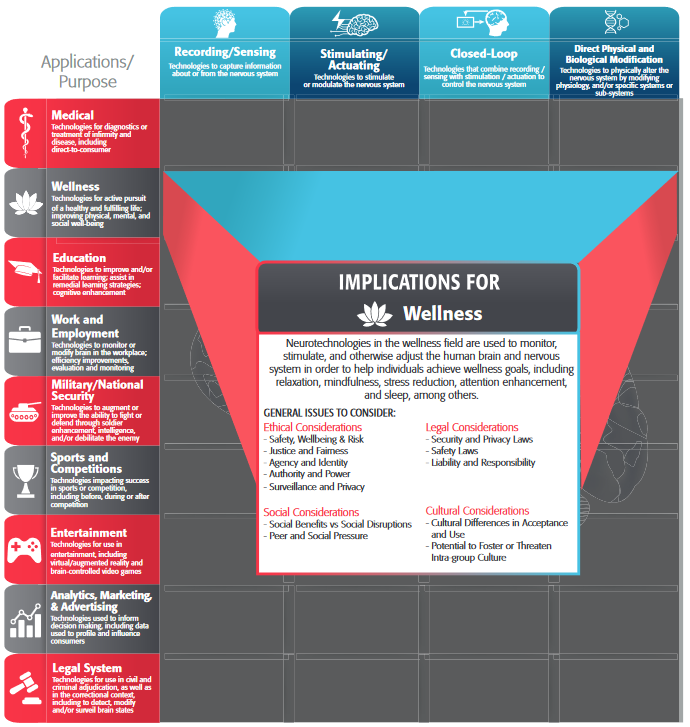
2018 IEEE Brain Initiative Workshop on Advanced NeuroTechnologies
There is an increasing interest and need in the development and use of advanced technologies to monitor and control brain activities to treat neurological diseases, including Alzheimer’s, Epilepsy, Depression, etc., from the molecular to systemic levels, The advanced technologies such as robotics and exoskeletons have already made significant impact on rehabilitation for retraining upper and lower extremity function after stroke, spinal cord injuries and TBI.
The 2018 IEEE Brain Initiative Workshop on Advanced NeuroTechnologies highlighted the development of novel technological innovations, covering both invasive and non-invasive approaches, which provided precise and consistent therapy in a controlled and rigorous manner, track quantitatively the therapy related improvement and treat many subjects simultaneously. The Workshop also focused on translational neural engineering as well as career and entrepreneurial opportunities in this field.
Invited talks were presented by internationally well respected experts. An evening poster session provided presentation opportunities for young researchers. This workshop provides a unique interactive and networking platform to encourage exchange of ideas with leading researchers and medical and industry professionals.
Recorded Presentations
Symposium #1:
Translational Neural Engineering: Bringing Neurotechnology into the Clinics
Moderator: Paul Sajda, PhD, Columbia University
Creating a Culture of Welcoming Transformative Technologies in the Clinical Setting – The USC Neurorestoration Center Experience
Charles Liu, MD, PhD, USC
Translational Neural Engineering: Bringing Neurotechnology into the Clinics
William Z Rymer, MD, PhD, AbilityLab
The role of robotics and neuroprosthetics in neurorehabilitation: novel HMI technologies
José L. Pons, PhD, Cajal Institute (CSIC)
Symposium #2:
Invasive Approaches for Studying Brain Function
Moderator: Jacob Robinson, PhD, Rice University
NeuroGrid: Recording action potentials and large-scale network activity from the surface of the brain
Jennifer Gelinas, MD, PhD, Columbia University
Towards a distributed mm-scale chronically-implantable neural interface
Tim Constandinou, PhD, Imperial College London
Recent Advances in the Neural Dust Platform: Can we target many motes, deep in the brain and through the skull?
Michel Maharbiz, PhD, UC Berkeley
Keynote: Translational Neurotechnology
Symposium #3:
Non-Invasive Approaches for Studying Brain Function
Moderator: Tim Constandinou, PhD, Imperial College London
Imaging Human Brain Function with Simultaneous EEG-fMRI.
Mingzhou Ding, PhD, University of Florida
Transcranial Magnetic Stimulation with More Selective Targeting
Angel Peterchev, PhD, Duke University
Fusing Simultaneously Acquired EEG and fMRI to Infer Spatiotemporal Dynamics of Cognition in the Human Brain
Paul Sajda, PhD, Columbia University
Symposium #4:
Careers in Neuroengineering & Neuroentrepreneurship
Moderator: Metin Akay, PhD, University of Houston
Clinical, research, and government careers in neurotechnology
David McMullen, MD, NIH
How will Neurotechnology Impact your Future?
Chris Berka, CEO, Advanced Brain Monitoring
Neuropreneurs and the Waves they Ride: A HPC-driven Future
Chris Ebell, ex-Executive Director, Human Brain Project


